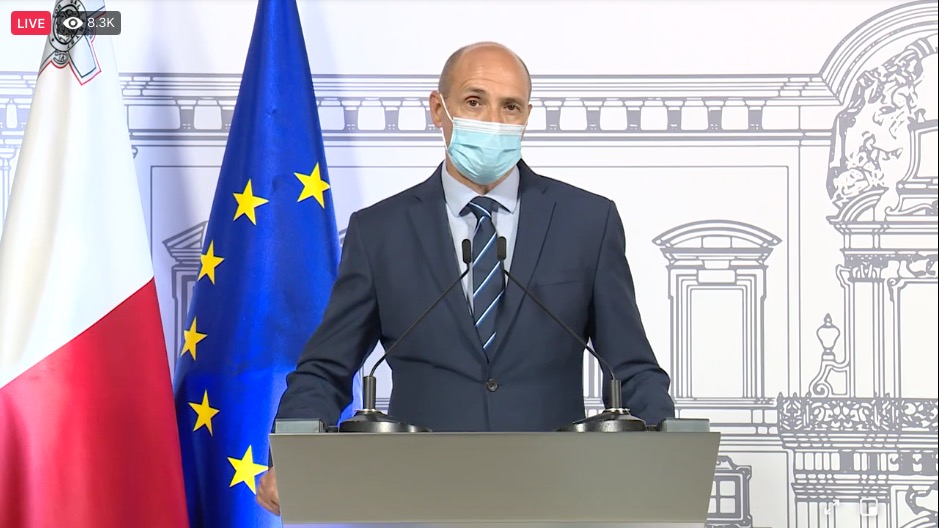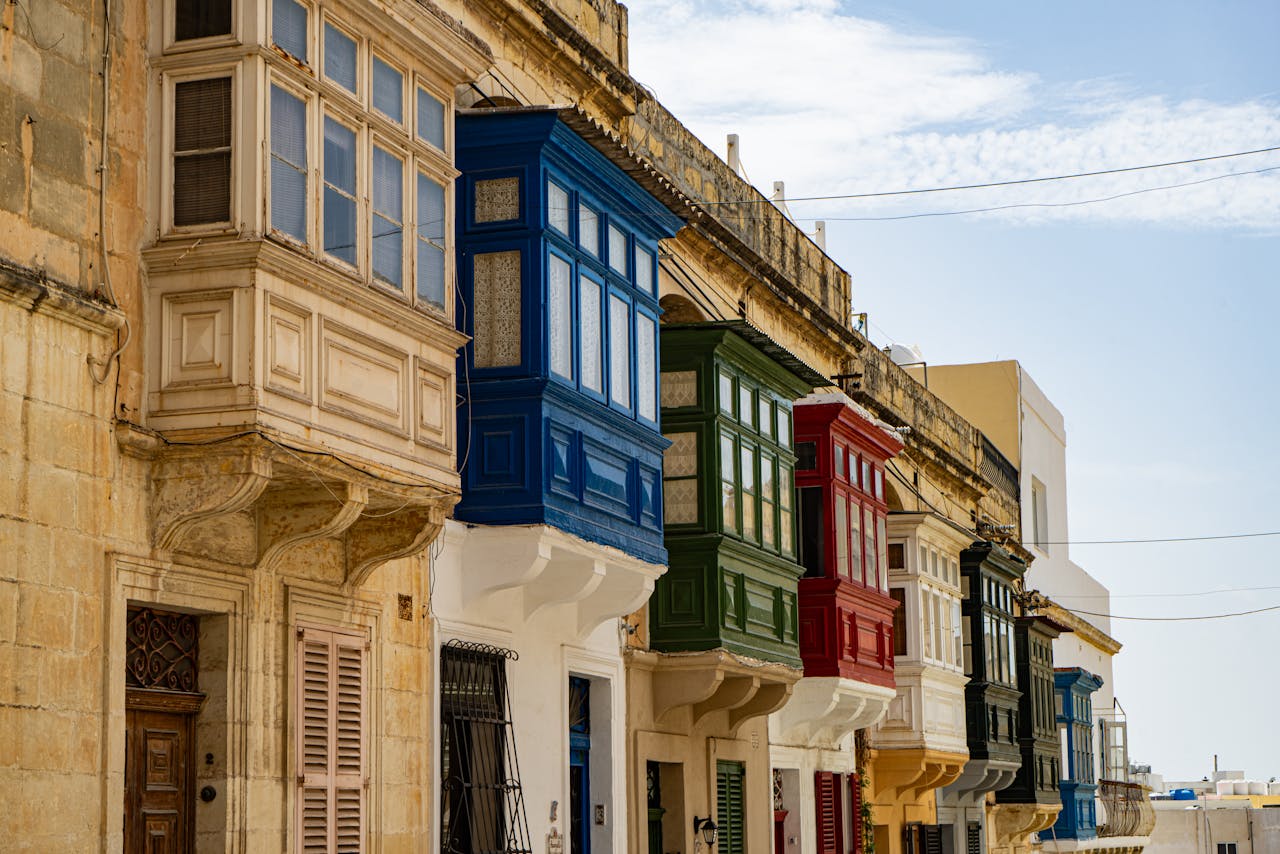As of Wednesday 14th July, all those entering Malta must carry with them a recognised vaccination certificate, either that issued by Malta, by the UK or by the EU.
As for the EU digital certificate, a negative PCR test or a COVID recovery document will not be permitted. Only the EU digital certificate showing proof of vaccination will be accepted.
Currently, for amber list countries, Malta only requires travellers from the UK to present proof of vaccination to enter the country. Visitors from other countries on the amber list are allowed to present a negative PCR test. At present, there are no green list countries.
Children under 12 entering the country with vaccinated parents can only do so with a negative PCR test.
Malta is the first EU country to take such action.
Deputy PM Chris Fearne made the announcement together with Superintendent of Public Health Charmaine Gauci on Friday in response to a recent spike in cases and concern over the highly contagious Delta variant.
Mr Fearne also announced that schools teaching English as a foreign language will no longer be allowed to accept students as of 14th July and that so far, nine language schools have been found to contain COVID positive cases.
He confirmed that the most recent spike in cases is related to those who remain unvaccinated, foreign people entering Malta (including to study English) and locals who have travelled.
Minister Fearne confirmed that 90 per cent of new cases are by those who are not vaccinated and that the aim continues to be that hospitals do not become overwhelmed. He confirmed that currently there are three COVID patients at hospital.
Why Malta’s deferral of the OECD minimum tax could prove a long-term advantage
Malta has postponed the application of the new rules targeting large multinational companies to 2030
From Telco to TechCo: Inside Melita’s AI-powered future
With the launch of AI Solutions, the traditional Telco is boldly transforming into an innovative, technology-driven TechCo
Planning Authority launches €30 million restoration scheme
Owners of heritage properties or ones with traditional façades located in Urban Conservation Areas are eligible






